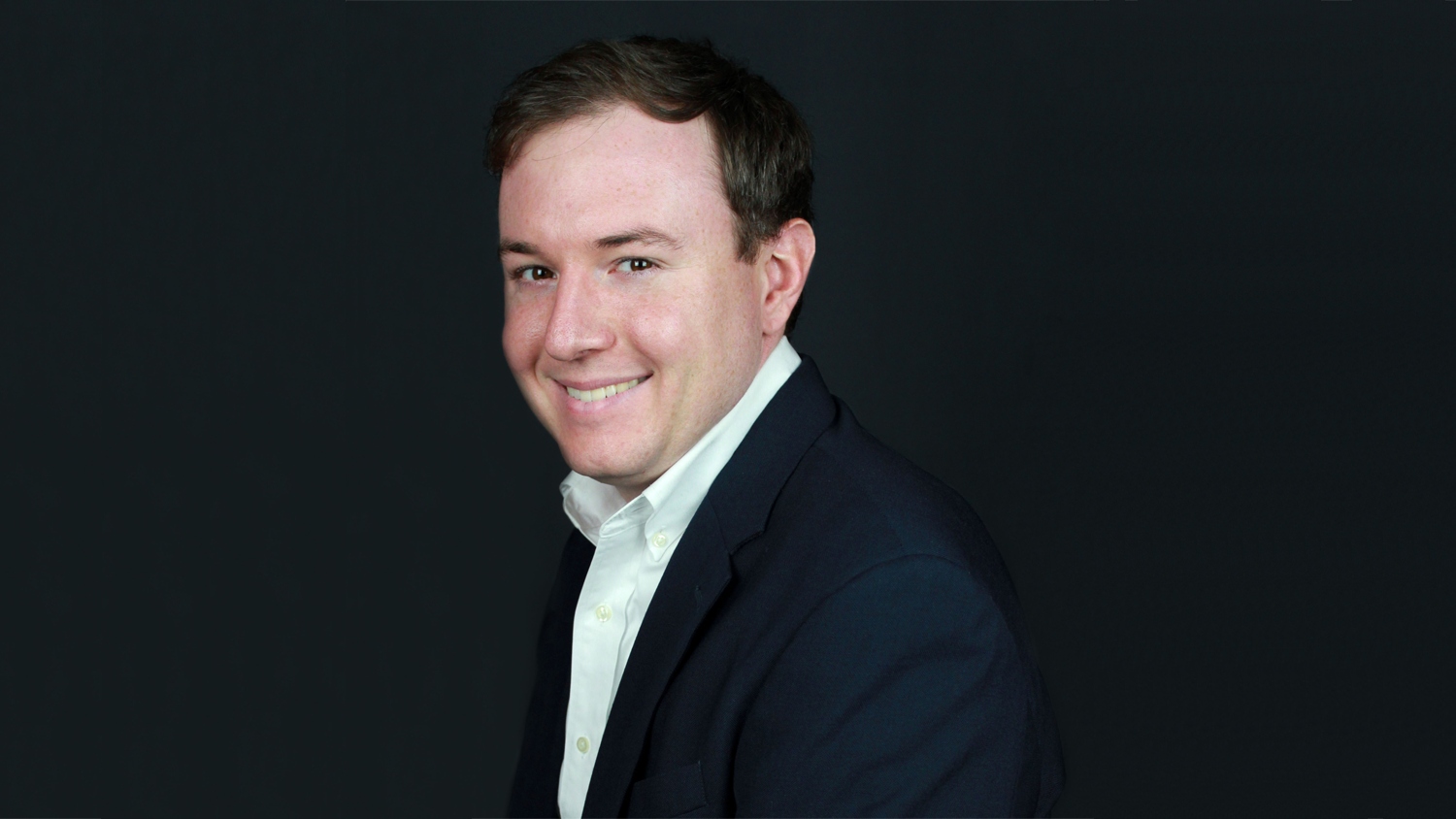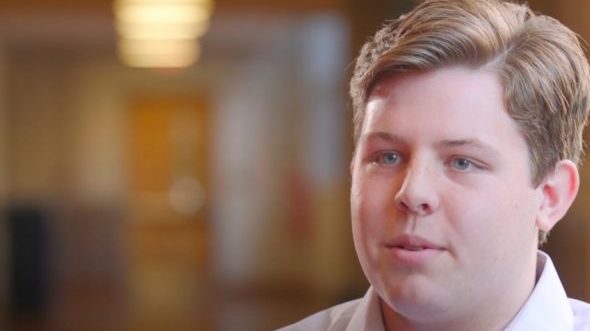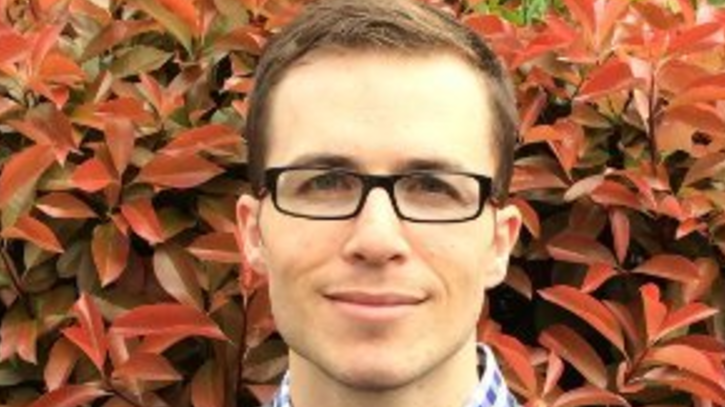Sofia Abdo

Sofia Abdo, BSC Associate
Current Degree Program: Undergraduate Poole College of Management – Business Administration/Marketing
Hometown: Raleigh, NC
Areas of Interest in Sustainability: Environmental Sustainability in food production, renewable energy, and sustainability within marketing
Why is sustainability important to you? Why do you think it should be important to your fellow students?
Many businesses have made huge strides in recent years towards incorporating sustainable solutions into their business practices. This is so important for the future of national as well as international businesses because worldwide change is needed to combat issues of waste, pollution, and malnutrition, among others. I think it should be important to every student, especially those studying business because sustainability is a concept growing in prevalence due to the many economic problems we can solve through a sustainable approach.
What first sparked your interest in sustainability? What made you realize that you wanted to incorporate sustainability into your education and future career?
I have always had a great interest in the environment but my interest in sustainability arose when I traveled to Costa Rica with the NC State Alternative Service Break program in March of 2016. During this trip, my team had the opportunity to visit EARTH University where we learned about the many projects that the students are working on in order to bring sustainable solutions back to their communities. I saw how their lives not only revolved around learning these practices but also living them out and I was inspired by their dedication to fixing global issues. It was then that I realized how important it is to incorporate sustainability into how I live on a daily basis.
What sustainability challenge would you most like to solve?
It amazes me that there are still regions of the U.S. that fall under the category of “food deserts” due to lack of public access to healthy, convenient grocery outlets. I think one of the most important challenges we face, and one that I would most like to solve, is the one of providing all Americans with food that is grown organically and sustainably, which is also affordable and accessible. Living in a city blinds you to the many that live in rural areas and cannot afford transportation or healthy foods. I would love to be able to create a cost-effective system that allows distributors to reach these regions and/or empower individuals to grow their own foods sustainably within their communities.
What leader(s) do you admire for their commitment to improving sustainability or championing positive change?
I really admire the educators and founders of EARTH University in Limon, Costa Rica for their dedication to creating and fostering a sustainable school with projects that make a worldwide impact. They provide so many ways for students coming from rural, impoverished backgrounds to become educated in implementing sustainable solutions within their communities and throughout the world. I have also always admired the way that Burt’s Bees positions their company and the initiatives that they have taken to combat the declining bee population. The positive changes I have seen as a direct result of their commitment to sustainability is encouraging and inspiring to me as I pursue these initiatives within my own career path.
What’s your advice for fellow students who might be interested in sustainability, but don’t know where to start?
It wasn’t until I traveled 3,000 miles away from home that I got my start. For most, however, becoming knowledgeable about sustainability starts in your own backyard. If you attend NC State, you already have at your fingertips endless resources that provide information on and connections to sustainability including the BSC, the Sustainability Department, and over 350 related courses. I would suggest taking a class, subscribing to the BSC newsletter, looking into clubs like Net Impact, and getting involved in events such as Make-a-Thon or the B-corp clinic.
- Categories:


